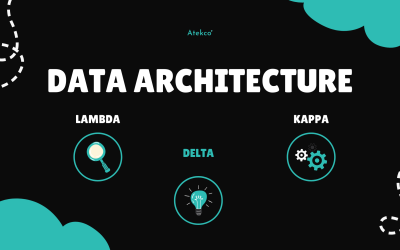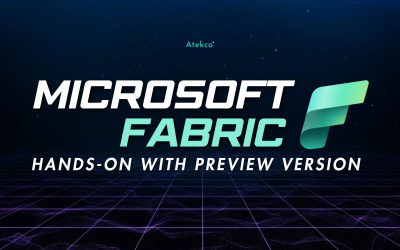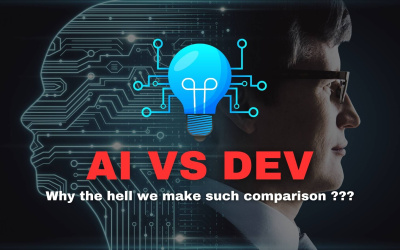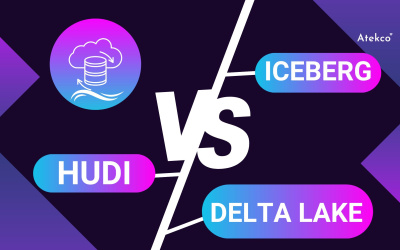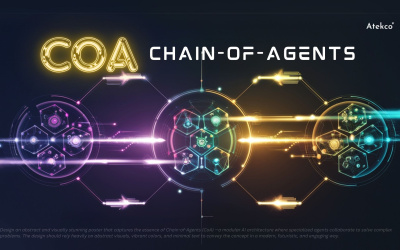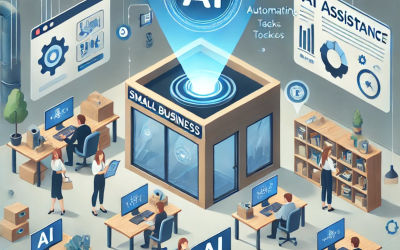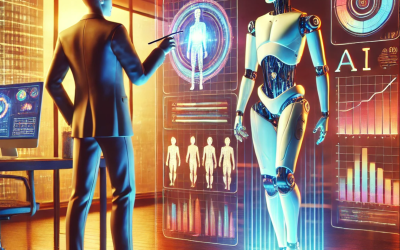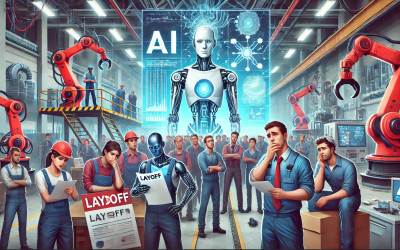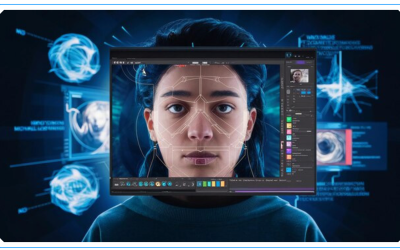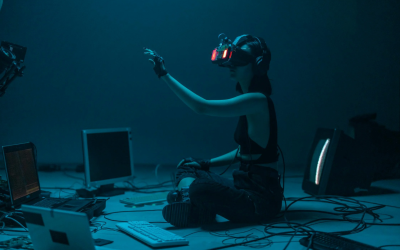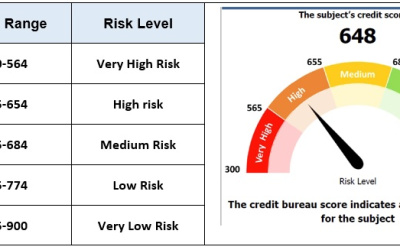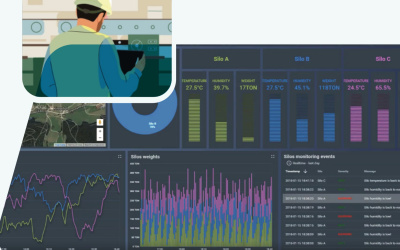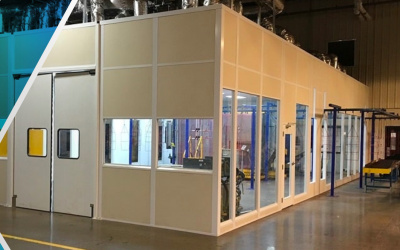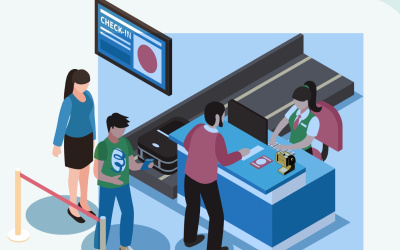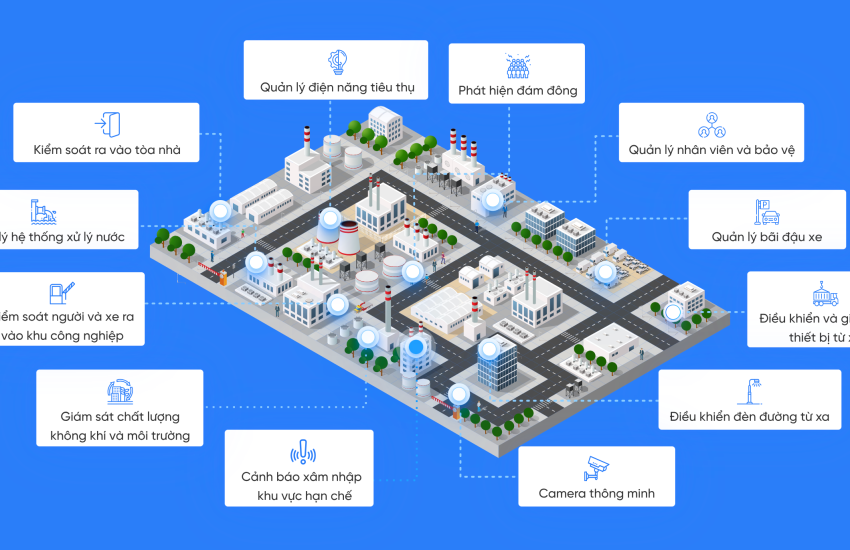
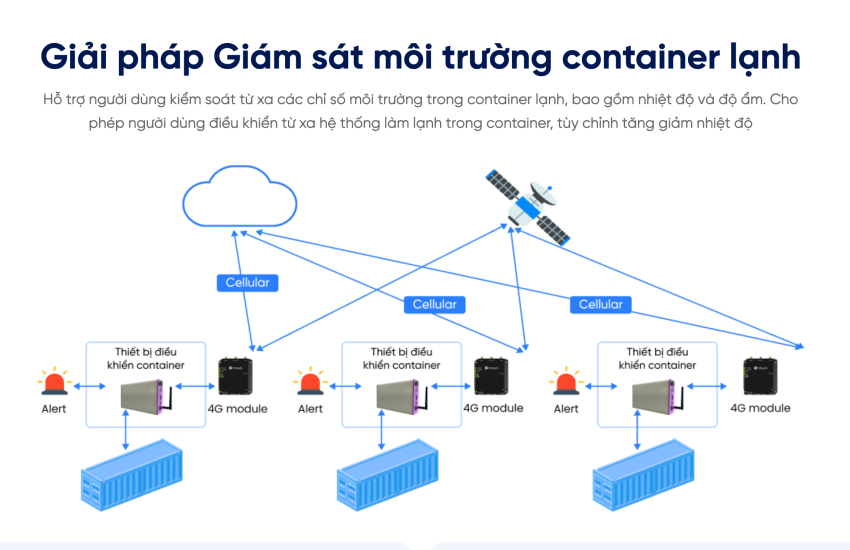
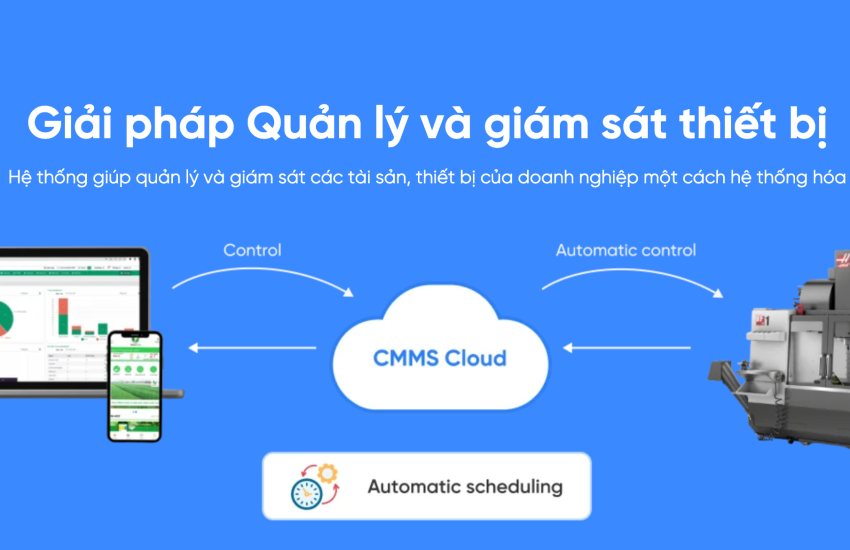
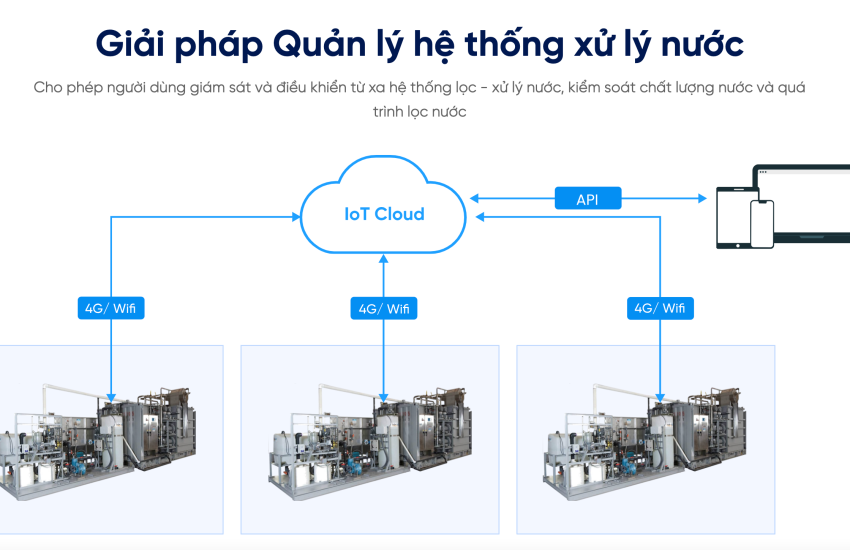
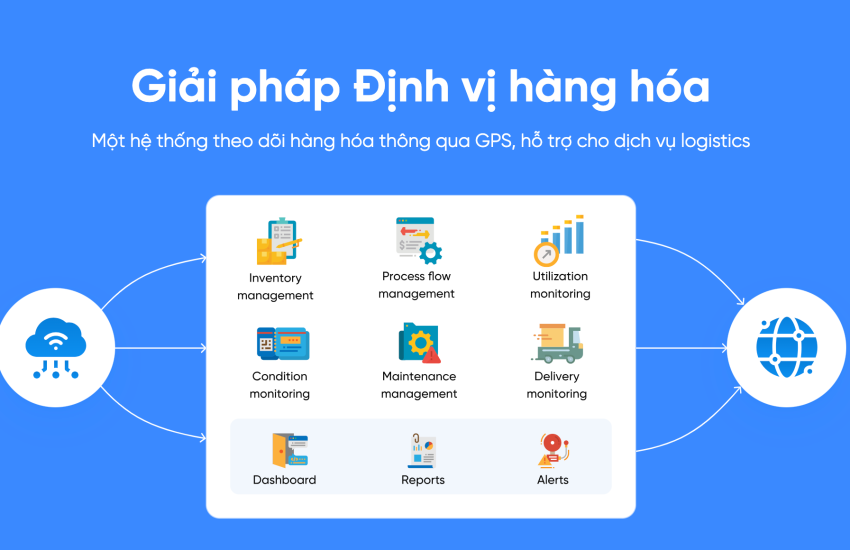
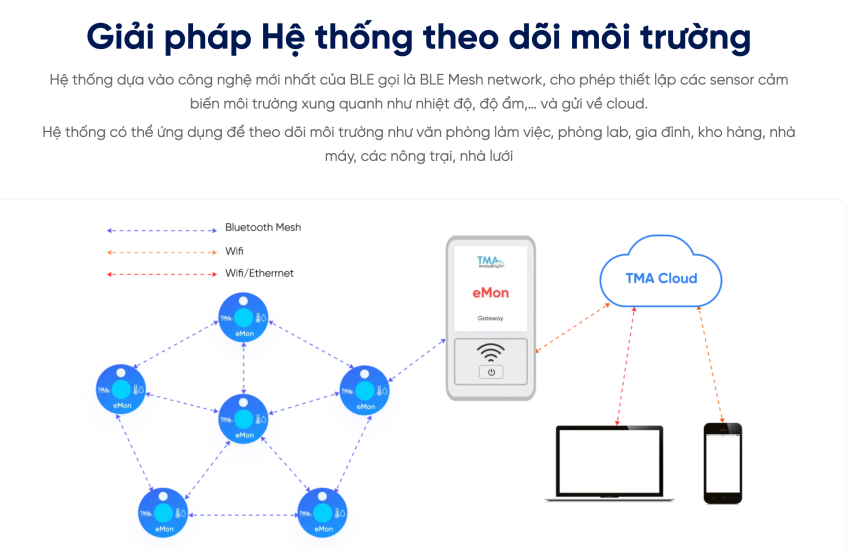
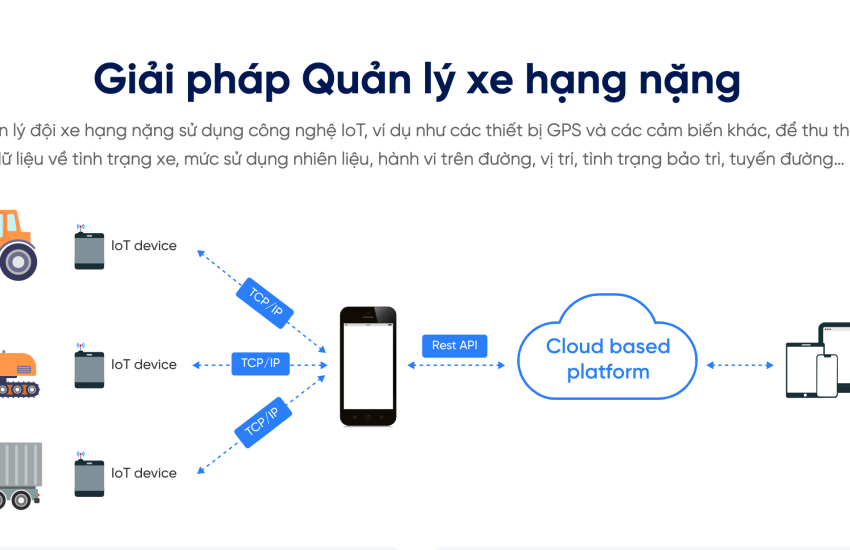
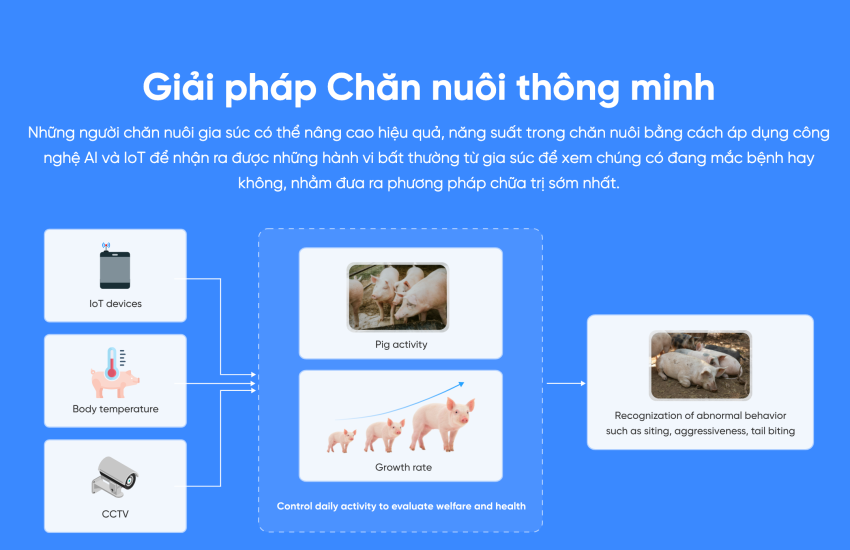
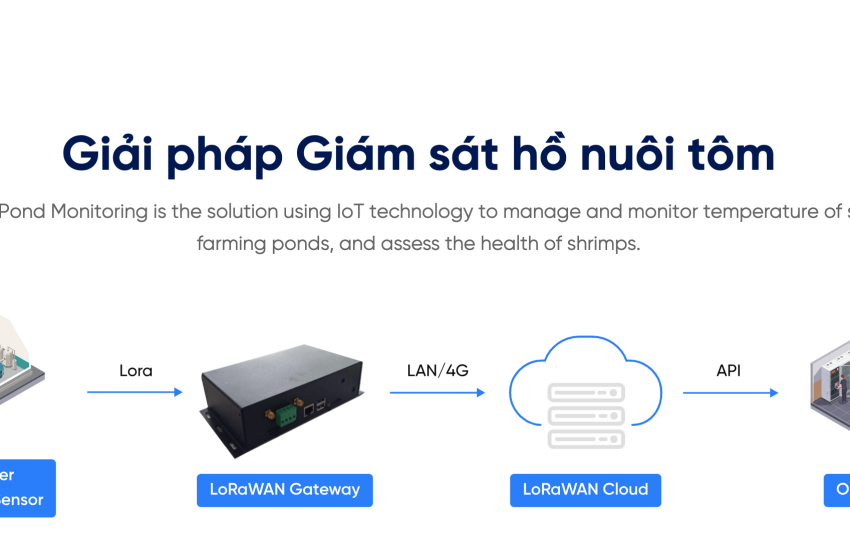
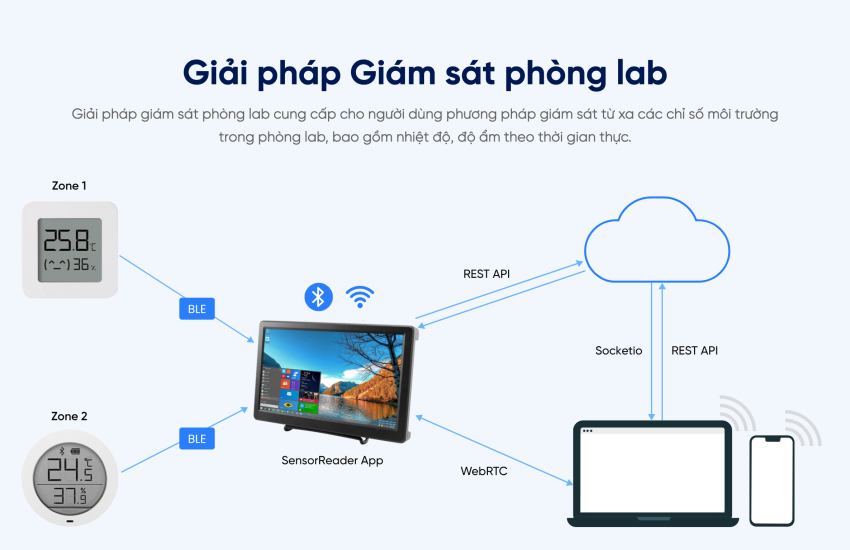
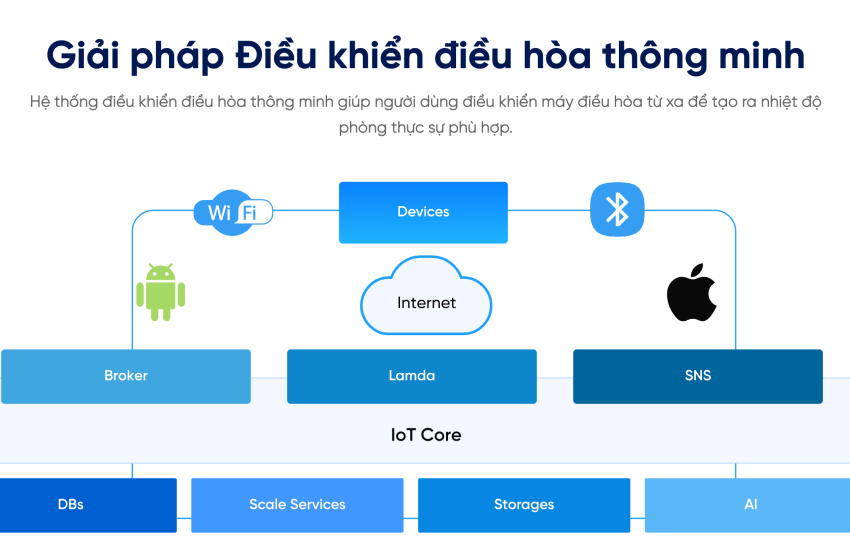
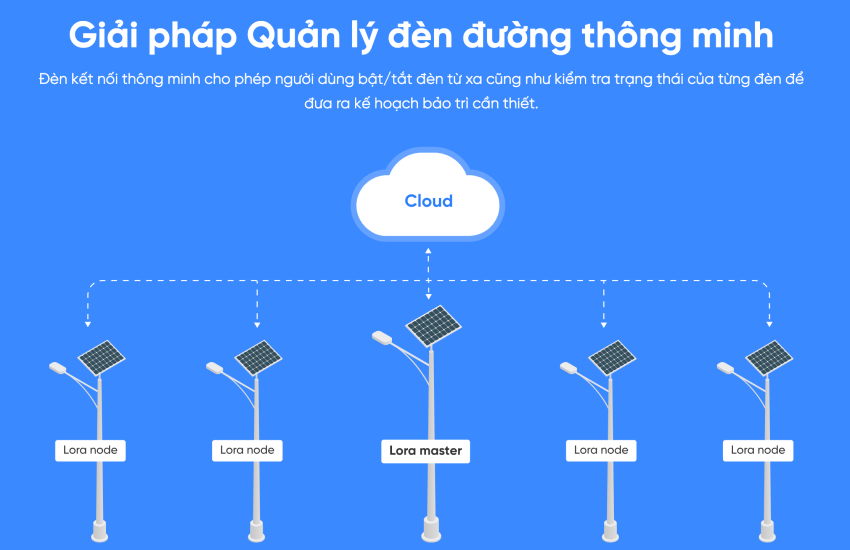
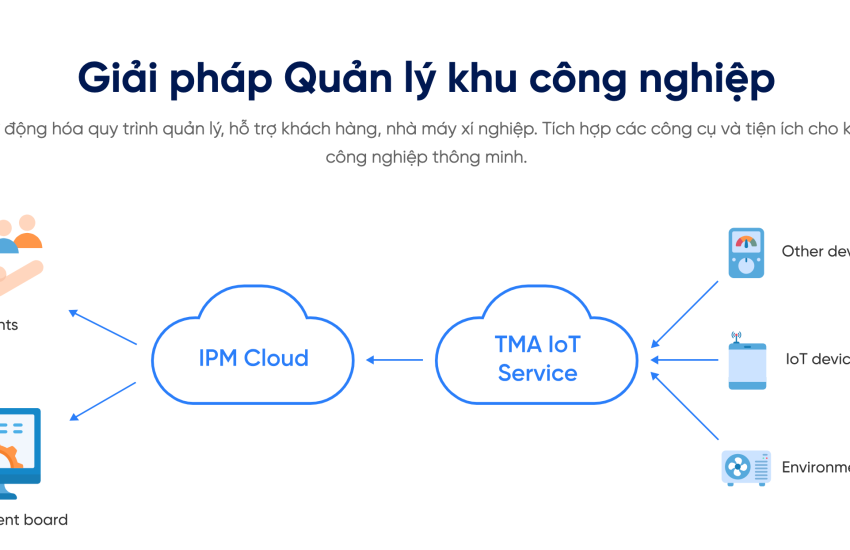
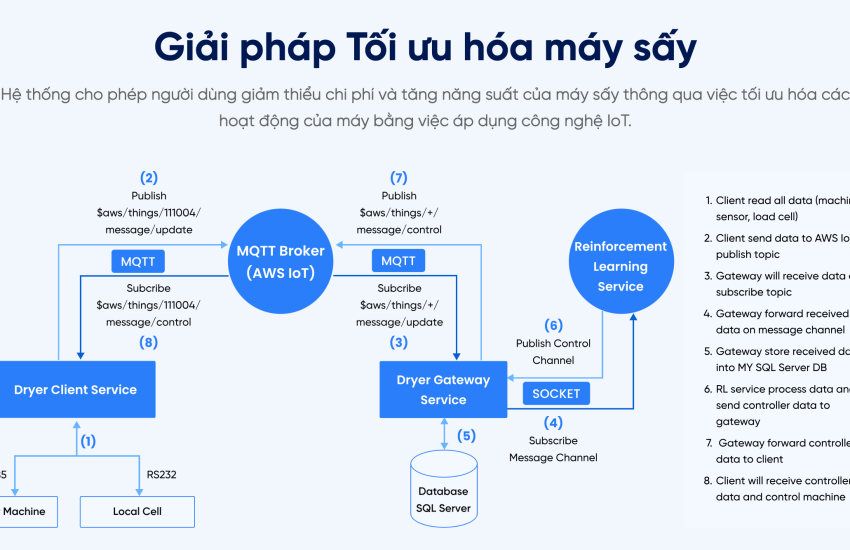
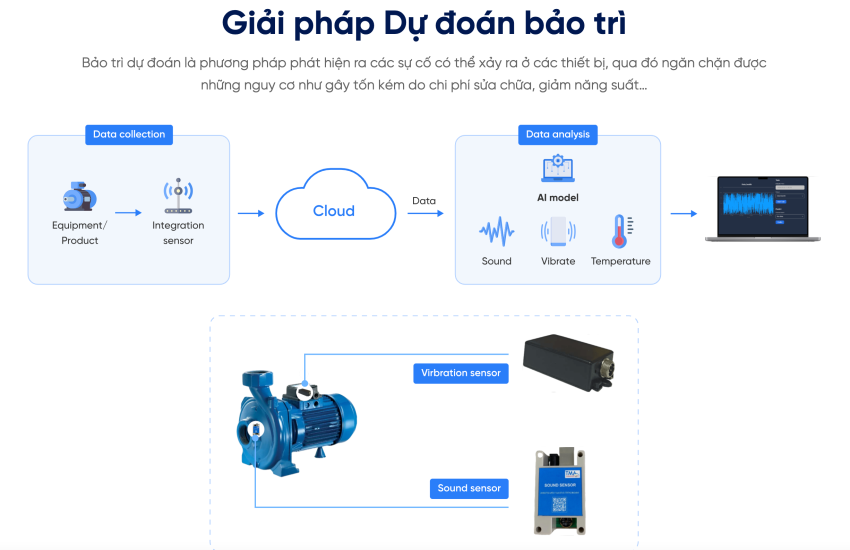
The evolution of software within the real estate sector
The evolution of software within the real estate sector is rapidly becoming a driving force, ushering in innovative solutions for industry stakeholders. This surge prompts critical inquiries about the harmony between consumer expectations and technological advancements. This article delves into the interdependence between real estate software development and user aspirations.
Over the past decade, there has been an unprecedented surge in software tailored for the real estate domain. From ambitious startups to established industry leaders, there’s a convergence towards crafting intelligent digital solutions, spanning from property search to management. This surge stems from the desire to optimize every facet of the real estate journey, from initial exploration to the final transaction.

Revolutionizing User Experience
Consumers now anticipate a seamless and intuitive user journey. Real estate software must transcend basic functionalities to deliver an immersive, almost bespoke experience. With sleek interfaces and predictive features, user expectations are continuously evolving, necessitating adaptability from software developers.
For instance, the “Prosperity Real-Estate” application epitomizes this trend with its minimalist interface, offering an immersive virtual viewing experience that surpasses mere property listings.
Emerging Trends: Virtual Reality Integration
As real estate endeavors to bridge the gap between consumer expectations and software development, virtual reality (VR) emerges as an indispensable trend. Integrating VR into virtual tours enhances immersion, enabling potential buyers to envision their future homes from the comfort of their own space.
Take, for example, the “Virtual House” platform, which revolutionizes real estate search by offering 360-degree virtual tours, allowing users to explore properties thoroughly.
Emerging Cultures: Real Estate Multiculturalism
In our increasingly globalized world, real estate software must acknowledge the significance of multiculturalism. Cultural variations influence housing preferences, necessitating developers to consider these nuances to offer truly inclusive solutions.
The “Global House” platform exemplifies this by integrating search features based on cultural criteria, providing a personalized experience to users from diverse backgrounds.
Data Security: A Paramount Concern
While real estate software evolves to align with consumer expectations, data security remains paramount. Users demand flawless protection of their personal information, compelling developers to implement robust security measures to instill user trust.
For instance, the “Secure Estate” application emphasizes its top-notch data security policy, reinforcing trust and demonstrating a commitment to protecting sensitive data.
The Promising Future of Real Estate Software Development
Looking ahead, the future of real estate software development holds immense promise:
- Advanced Artificial Intelligence: AI-powered systems will offer personalized property recommendations and predict market trends.
- Blockchain Technology: Blockchain will revolutionize transactions, making them more efficient and secure.
- Augmented Reality: AR will enrich property visits by providing real-time information.
- Collaboration: Closer collaboration between developers and real estate professionals will optimize software efficiency.
- All-in-One Platforms: Integrated platforms will streamline the real estate journey, offering comprehensive services from research to management.
The future of real estate software development is teeming with possibilities, from AI to blockchain and augmented reality. Real Estate 2.0 is indeed an evolving reality.
Author: Saigontech.io










